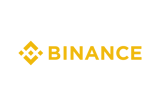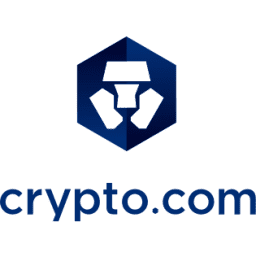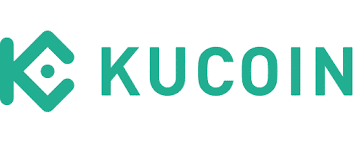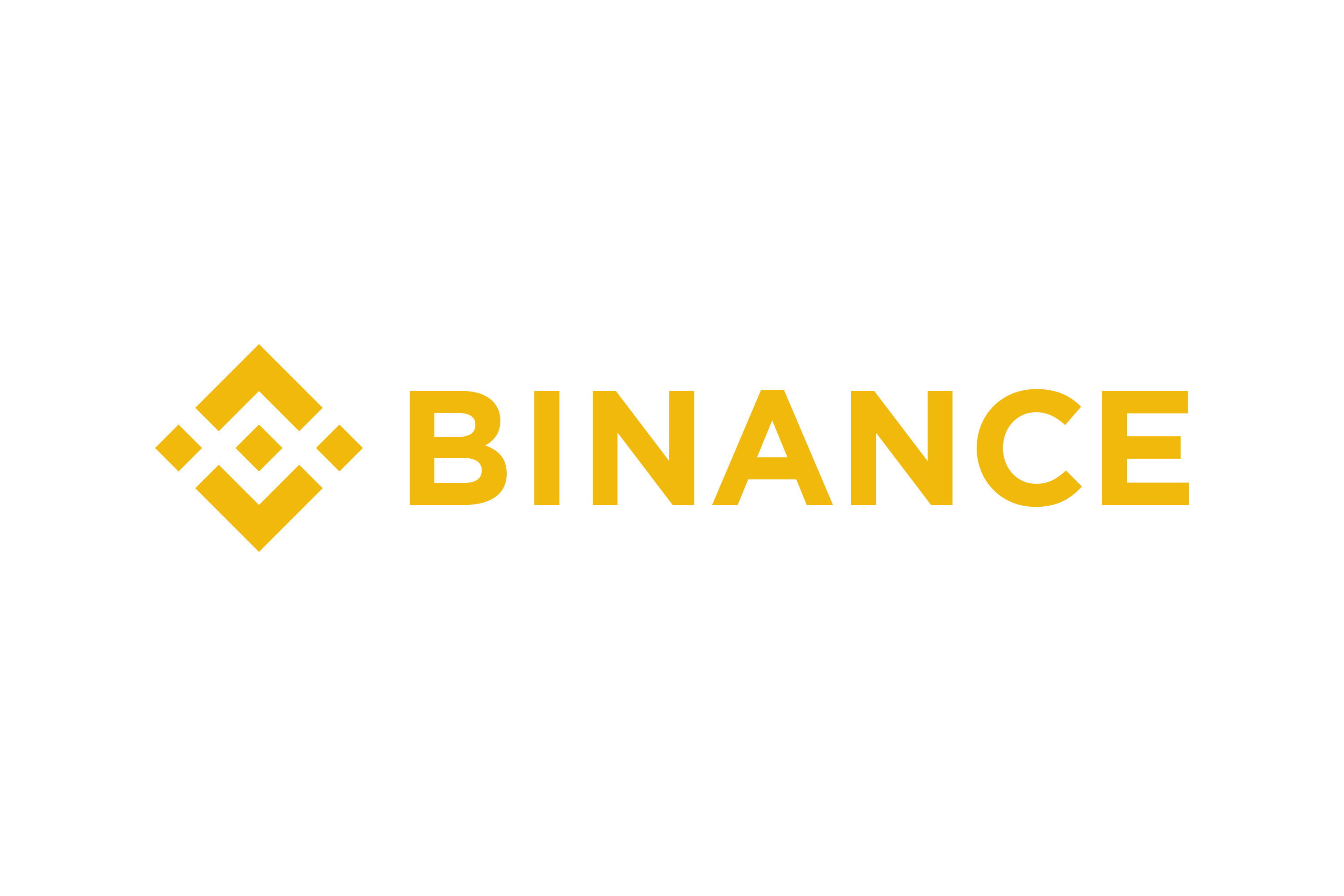Cryptocurrency investors have more choices than ever about where to buy, sell, and store their assets. The best altcoin exchanges combine low fees with strong security and a wide range of cryptocurrencies. Some altcoin exchanges offer additional features such as ways to earn interest on your crypto. In this article, we'll look at what exactly an altcoin exchange is, how to pick the best cryptocurrency platform, and whether altcoins are safe. If you're looking for the best altcoin exchange for you, you're in the right place.
Bottom Line
Excellent all-around crypto exchange to suit all types of altcoin investors. Gemini doesn't list as many altcoins as some of its counterparts, but its strong security, sign up bonus, and free monthly crypto withdrawals make it a solid option.
Fees:
$0.99-$2.99 orders < $200, 1.49% for orders at least $200 (default), 0% - 0.40% (Gemini ActiveTrader)
Account Minimum:
$0
Bottom Line
Coinbase is determined to list as many cryptocurrencies as it's legally able to, and regularly adds new coins and tokens. Regular traders will find the fees and tools on its advanced platform more attractive.
Fees:
Variable fees (Coinbase), 0%-0.80% (Coinbase Advanced Trade), $29.99 monthly (Coinbase One)
Account Minimum:
$2
Bottom Line
Crypto.com stands out for its wide range of altcoins and low trading fees. Users can access benefits by holding the platform's native CRO currency. In spite of big moves to build its brand in the U.S. some services are not available to U.S. customers.
Fees:
Variable spread
Account Minimum:
Varies based on cryptocurrency
Bottom Line
With over 600 cryptocurrencies available on its platform, KuCoin is a popular option for altcoin traders looking for less-common cryptos. Be aware that KuCoin operates in somewhat of a gray area when it comes to U.S. investors as they can't complete the platform's KYC screening.
Fees:
Fees vary
Account Minimum:
$0
Bottom Line
Binance has won the hearts of millions of investors with its broad range of cryptos, low fees, and feature-rich platform. However, it's also faced some regulatory challenges. Binance.US has limited functionality, but stays on the right side of regulators.
Fees:
0.02% to 0.1%
Account Minimum:
Varies by deposit method
What is an altcoin?
Altcoins are any cryptocurrency apart from Bitcoin (BTC). Bitcoin was the first-ever digital currency, and thousands of other coins and tokens followed in its wake. The name comes from combining the words "alternative" and "coin." It refers to any crypto that is an alternative to the market leader. These cryptos include everything from smart contract–giant Ethereum (ETH) to meme tokens like Dogecoin (DOGE).
READ MORE: What Are Altcoins?
In the early days of crypto, many Bitcoin alternatives attempted to improve upon Bitcoin's functionality as a form of payment. As the cryptocurrency industry evolved, altcoins began to use blockchain technology to solve other problems. Now there are many different types of cryptocurrencies. For example, VeChain (VET) addresses supply chain management, and decentralized finance cryptos could transform the financial services industry.
What is an altcoin exchange?
An altcoin exchange is a platform where you can buy, sell, and trade a range of cryptocurrencies. A couple of crypto platforms only trade Bitcoin, but the majority are altcoin exchanges as they list other cryptos as well. You can access altcoin exchanges using a computer browser, a top cryptocurrency app, or directly from a crypto wallet. Cryptocurrency platforms include exchanges that only trade digital assets as well as traditional stockbrokers that also offer crypto products.
READ MORE: Best Places to Buy Bitcoin
How to choose the best altcoin exchange
There are several factors, including fees, security, and the range of cryptos, to take into account when choosing the best altcoin exchange. No altcoin exchange will be perfect for every investor, but here are some things to consider when deciding what's right for you.
- Fees: Deposit, trading, and withdrawal fees can all eat into your profits. It's good to understand a platform's fee structure before you begin investing.
- Security: There've been a number of high-profile hacks of cryptocurrency exchanges over the years. Look for platforms that keep assets in cold storage and have strong user-level security features.
- Ease of use: Some exchanges are more intuitive and accessible than others. Don't be afraid to experiment to see which interface suits you.
- Range of available cryptos: If you only want to buy one or two altcoins, check that these are listed on the platform you sign up with. More experienced investors might want to branch out into smaller cryptos and will want a crypto exchange with a lot of options.
- Know your customer (KYC) screening: Many centralized crypto platforms ask users to provide personal information, including a photo ID. Some investors feel these measures intrude on their privacy, but it also helps avoid money laundering.
- Crypto wallet functionality: Many centralized exchanges let you leave your crypto on the platform in what's called a custodial wallet. However, a lot of investors prefer to move their assets to an external crypto wallet that they control. If this is something you might want to do, look for platforms with this functionality.
- Interest-earning ability: There are several ways that investors can earn passive income, and these vary from platform to platform. One popular route is crypto staking, where holders of certain cryptos can earn rewards if they tie up their assets for a set period of time.
- Advanced tools: Experienced traders have different needs than someone who's new to crypto. Some exchanges have a pro platform with charts and additional functionality alongside their basic one.
What fees do altcoin exchanges have?
Broadly speaking, altcoin exchanges charge three types of fees: deposit, trading, and withdrawal. It's worth researching all three for each exchange platform. Some might offer low fees on deposits and trading but then charge you a high withdrawal fee. Here's a look at each one.
Deposit fees
Deposit fees vary depending on your payment method. It's usually free to use a bank transfer to deposit money. Some altcoin exchanges accept credit or debit card payments, as well as PayPal and other methods. However these methods can cost as much as 5%. Credit card deposits may also incur additional fees from the card issuer.
Trading fees
It isn't always easy to see exactly how much you're paying in trading fees. Fees typically range from 0.1% to 0.5%, and sometimes more. Some exchanges promise zero-commission crypto trading, but hide the costs in poor exchange rates. You can often get discounts on the trading fee if you're a high-volume trader or you use the platform's native currency.
Withdrawal fees
There's usually a percentage fee to withdraw fiat currency (traditional money) to your bank account. The cost of crypto withdrawals depends on the cryptocurrency. For example, Ethereum withdrawals are often a lot more expensive than other blockchains. Some exchanges provide a limited number of free monthly withdrawals.
READ MORE: Best Places to Buy Ethereum
Which exchange has the most altcoins?
The exchanges with the most altcoins are decentralized exchanges (DEXs). A decentralized exchange is a peer-to-peer cryptocurrency marketplace, which means investors can buy and sell crypto assets without an intermediary. In contrast, on a centralized exchange, there's a third party involved in the transaction.
There are over 19,000 cryptos out there, but you'll only find a fraction (between around 50 and 200) of them on most centralized platforms. Centralized exchanges usually have policies about which altcoins to list. As a result, some cryptocurrency exchanges offer older cryptos like Bitcoin Cash (BCH) or Litecoin (LTC), but may not list relative newcomers like Avalanche (AVAX) or Solana (SOL).
There are several risks involved in using altcoin exchanges. Centralized cryptocurrency exchanges have been targeted by hackers in the past and they continue to be at risk. Look for platforms that keep the majority of assets offline in cold storage. This lessens the risk of hackers stealing your funds. The best crypto exchange is one that is transparent about its security measures and offers additional features, such as third-party insurance.
Are altcoin exchanges safe?
In addition, investors need to be vigilant about phishing attacks. These happen when scammers pose as legitimate players and attempt to trick you into sharking personal data. Watch out for suspicious emails or spoof websites, especially if they're urging you to act quickly. If in doubt, contact the company directly through a different avenue.
Altcoin investing also carries more risk than sticking with Bitcoin. Investors take the risk because of the potential for high rewards, but there is a lot we don't know about how the cryptocurrency industry will evolve. Bitcoin has the longest track record and is the most likely to survive a prolonged market crash.
RELATED: Best Crypto Staking Platforms
| Offer | Best For | Commissions | Next Steps | |
|---|---|---|---|---|
|
|
Simplicity to use |
$0.99-$2.99 orders < $200, 1.49% for orders at least $200 (default), 0% - 0.40% (Gemini ActiveTrader) |
||
|
|
First-time crypto investors |
Variable fees (Coinbase), 0%-0.80% (Coinbase Advanced Trade), $29.99 monthly (Coinbase One) |
||
|
|
Versatile ways to earn interest on your crypto |
Variable spread |
||

KuCoin |
|
Wide range of altcoins |
Fees vary |
|

Binance |
|
Non-U.S. investors |
0.02% to 0.1% |
FAQs
-
Altcoins, or alternative coins, refer to all the thousands of cryptocurrencies in existence that are not Bitcoin. Bitcoin was the first digital currency, and it still represents a large proportion of the total value of the crypto market. The majority of altcoins use the same blockchain technology as Bitcoin. Some aim to improve on aspects of Bitcoin's performance. Others use blockchain to solve different problems.
-
You can buy altcoins through various cryptocurrency apps, exchanges, and brokerages. If you're a first-time crypto investor, you'll need to deposit traditional money onto the platform, which you can then use to buy altcoins. Some cryptocurrency ATMs also sell altcoins.
-
There are several risks associated with buying and owning altcoins. This is a relatively new and untested industry, so a particular altcoin might be hit with unforeseen security or technical issues. In addition, prices are extremely volatile, and some smaller altcoins are extremely illiquid -- meaning it might be hard to sell them. There have also been several high-profile altcoin scams that cost investors billions of dollars.
In addition to the risk that the value of a particular cryptocurrency could fall to zero, investors also need to be aware of the risk of hacking. There have been several high profile crypto exchange hacks over the years. These centralized points make appealing targets for hackers.
Our Cryptocurrency Expert
We're firm believers in the Golden Rule, which is why editorial opinions are ours alone and have not been previously reviewed, approved, or endorsed by included advertisers. The Ascent, a Motley Fool service, does not cover all offers on the market. The Ascent has a dedicated team of editors and analysts focused on personal finance, and they follow the same set of publishing standards and editorial integrity while maintaining professional separation from the analysts and editors on other Motley Fool brands.
Emma Newbery owns Bitcoin, Ethereum, VeChain, Avalanche, Solana, and Cronos.







